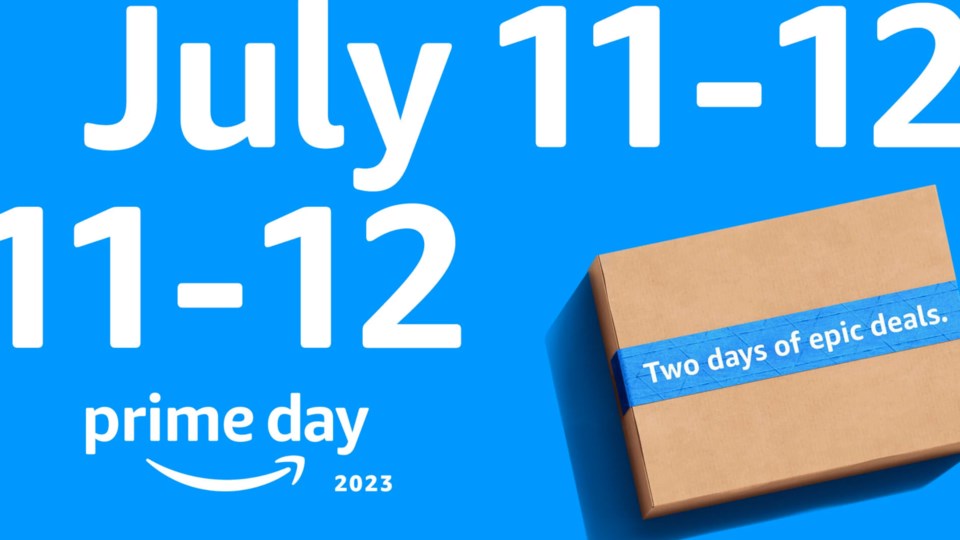|
BBB’s top five tips to be a smart shopper for Prime Day:
- Verify customer reviews. Does a product rating seem too good to be true with five stars across the board? Be careful. Scammers frequently post positive reviews on their pages, either copied from legitimate sites or created by bots. Scammers are present on all platforms, including Amazon. Check a trusted source for reviews on companies selling through Amazon, such as BBB.org, where customer reviews are vetted before they are posted.
- Use traceable payment methods such as credit cards. Most financial institutions offer fraud protection with the use of their credit cards, so it’s more likely you’ll be able to get reimbursed after a scam if you have proof of payment. Remember, limit use of debit cards or e-transfers for online purchases. Use your own judgment if a seller is trying to convince you to buy directly from them instead of a trusted website. Have you met this person before? Do you trust them?
- Avoid making quick purchases while browsing social media. Scammers advertise great deals or hard-to-find products, and they can be very tempting with the quick scan of a fingerprint, passcode to autofill your saved credit card information to checkout. BBB advises the use of the ‘Take 5’ rule. Whether it’s five minutes, five hours, or five days. Buyer’s remorse is a real problem that can play a factor in purchasing anything from a small keychain to a luxury watch.
- Understand online retail return policies and warranties. Find out if the seller accepts returns or exchanges, and who pays the shipping when an item is returned. Keep a record of what you ordered. What happens when your new gadget stops working? Most electronics and home appliances come with warranties that are to be fulfilled with the manufacturer, not the retailer.
- Set a reasonable budget. Make a list of the items you want to purchase and set yourself to a cap of how much you’re willing to spend during your shopping spree. A popular budgeting technique is the 50–30–20 rule, which recommends putting 50 per cent of your money toward needs, 30 per cent toward wants and 20 per cent toward savings. Many shoppers may end up spending way more than anticipated during a shopping spree because they get needs and wants mixed into the same category. Go to BBB.org to learn more about creating a budget and sticking to it.
|
